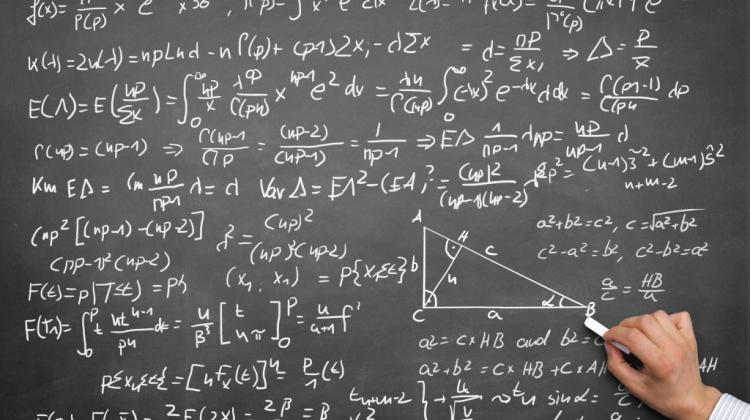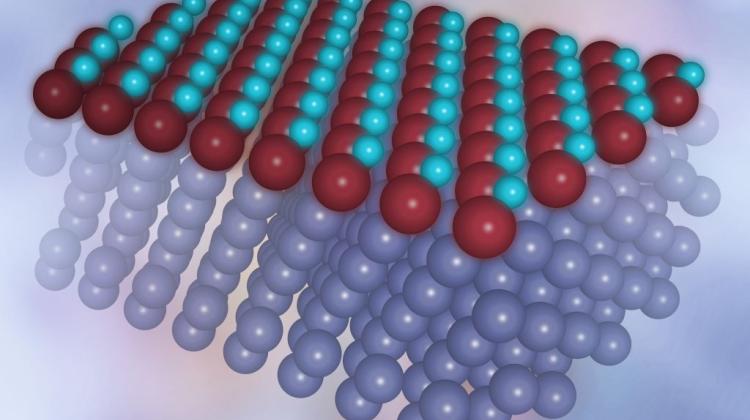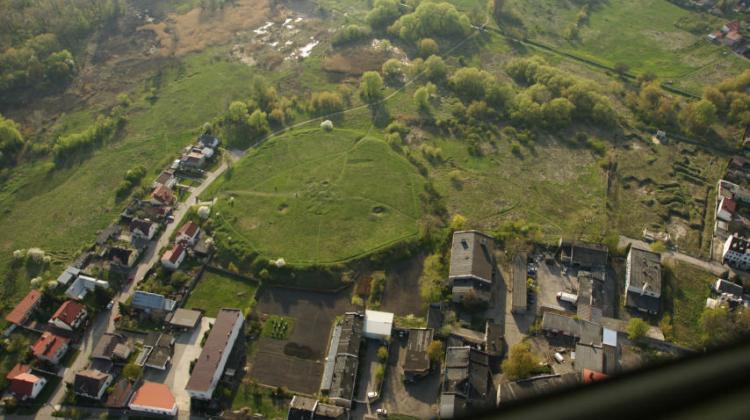Mathematician Dr. Piotr Nowak received a prestigious ERC grant
 Photo: Fotolia
Photo: Fotolia
Dr. Piotr Nowak received the prestigious Starting Grant of the European Council (ERC). This is the first mathematical ERC grant in Poland; it will be carried out at the Institute of Mathematics PAS in Warsaw - the Institute director said on Tuesday.
Dr. Piotr Nowak works at the Institute of Mathematics PAS and the Faculty of Mathematics, Computer Science and Mechanics of the University of Warsaw. The value of the grant, which he received, is 880 thousand euros.
European Research Council (ERC) subsidizes research projects that can lead to groundbreaking results.
Dr. Nowak’s project "Rigidity of groups and higher index theory" concerns so-called index theory. Research will require a combination of techniques from many areas of mathematics: geometry, topology, the various aspects of mathematical analysis, algebra. The objective is a new understanding of important characteristics and structures of basic algebraic and geometric objects. The Institute of Mathematics PAS director Prof. Feliks Przytycki informed of the success and research of Dr. Nowak in a release sent to PAP.
The money from the grant will allow to hire two PhD students and 4 postdoctoral researchers and conduct intensive research activities. Polish participants will be able to participate in international events, and host eminent scholars from abroad in Warsaw.
In this year\'s edition of the ERC Starting Grant, 2,920 applications for grants for young researchers have been submitted, of which 300 will receive funding - according to the Institute of Mathematics PAS press release.
Dr. Piotr Nowak received a doctoral degree at Vanderbilt University in the United States in 2008. For the next four years he worked at Texas A&M in College Station and MSRI in Berkeley, California. Since 2012 he has worked in Poland at the Institute of Mathematics PAS and the University of Warsaw. "It is one of the few so-called combined research positions" - said Prof. Przytycki.
Dr. Nowak conducts extensive international cooperation. Last year, he spent a semester at the University of Oxford. He collaborates with eminent mathematicians from the U.S., Israel and the UK.
He is the author of over 20 articles in renowned scientific journals. Together with his doctorate promoter, Guoliang Yu, in 2012 he published a book which is an introduction to large-scale geometry. At international conferences and seminars he delivered about 100 invited lectures on his results.
In the United States he led the two National Science Foundation grants, after returning to Poland he carried out projects of the Foundation for Polish Science, and now the National Science Centre. He is the winner of the Ministry of Science and Higher Education scholarship for outstanding young scientists.
Founded in 2007, ERC is a transnational organization dedicated to stimulating, supporting and funding research in Europe - both basic and applied research.
The ERC grants funding for three major types of projects lasting up to 5 years. Starting Grant (up 1.5 million euros) is for people from 2 to 7 years after obtaining doctoral degree, Consolidator Grant (up to 2 million euros) - for scientists from 7 to 12 years after doctorate, and Advanced Grants (up to 2.5 million euros) is awarded to scientists with well-established achievement, conducting their own research. In addition, scientists who have already won a grants from the ERC can apply for a Proof of Concept grant (up to 150 thousand euros) to develop their ideas for market needs.
Over the seven years of the EU\'s 7th Framework Programme (2007-2013), scientists working in Poland won only 14 of 4.5 thousand large ERC grants and one Proof of Concept grant. In the new Framework Programme, Horizon 2020, the Poles so far won two Starting Grants (including one for Dr. Piotr Nowak) and one Proof of Concept grant.
PAP - Science and Scholarship in Poland
lt/ agt/ zan/
tr. RL
Przed dodaniem komentarza prosimy o zapoznanie z Regulaminem forum serwisu Nauka w Polsce.


















